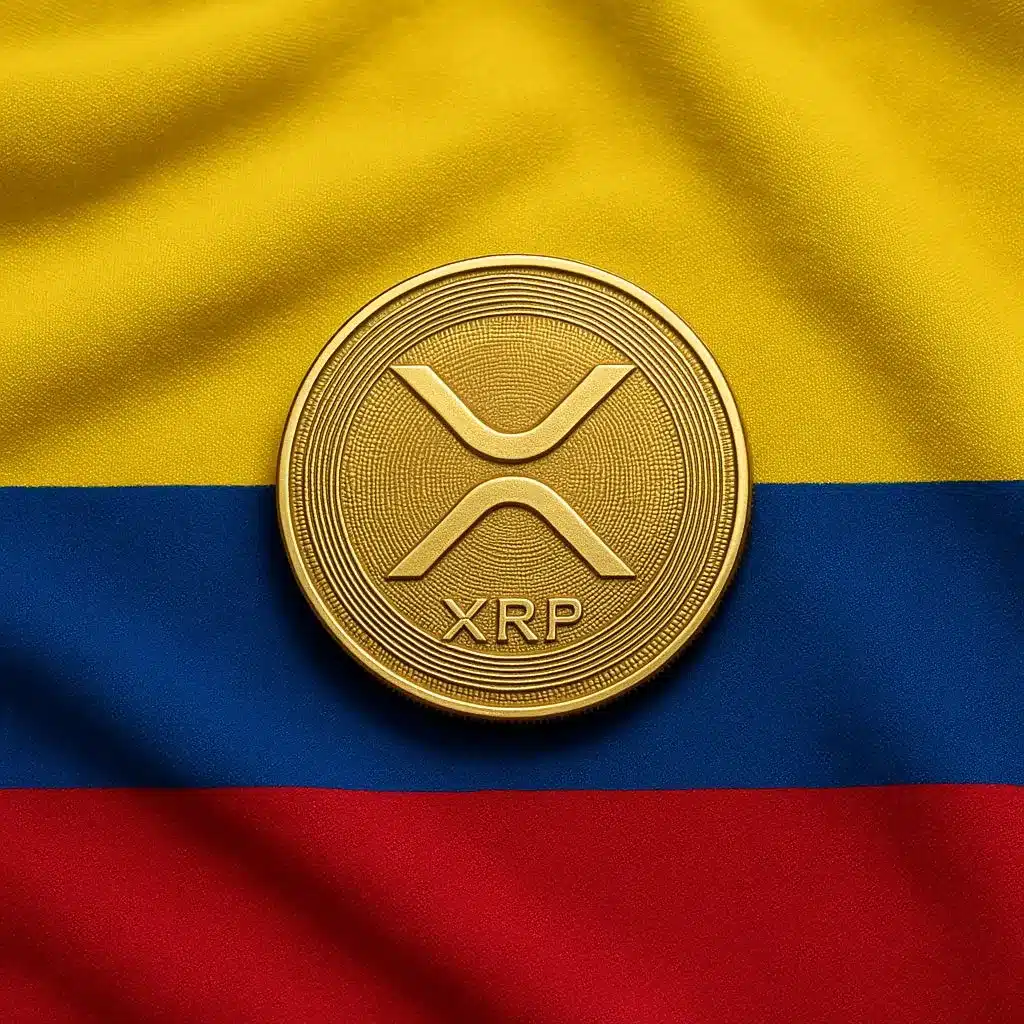Ripple has launched a new pilot project in Colombia using blockchain technology to transform access to credit for smallholder farmers. In partnership with Mercy Corps Ventures and traceability firm WËIA, the initiative leverages the XRP Ledger to improve financial inclusion and sustainability in agriculture.
The pilot focuses on panela, a traditional unrefined cane sugar, which will be tracked from planting to harvest using WËIA’s traceability platform. Each product gets a QR code powered by the XRP Ledger to ensure buyers can easily know about its sustainability. This is done to match growing international demand for being able to track products and source them ethically.
Also Read: Brazil’s Proposed Stablecoin Ban Sparks Uproar, Exchanges Threaten Exit
To tackle cash challenges, the pilot offers farmers a new “Farm Now, Pay Later” model using cryptocurrency. This service provides farmers with the essential items for planting and permits them to repay once their crops are collected. The aim is to make farming more affordable and enable farmers to boost their yields.
Using the XRP Ledger, Ripple ensures that transactions are completed quickly and economically with little environmental impact. These features become crucial in areas where banking is not widely available or costs too much. The ledger is designed so that no carbon is added to the environment, which is supported by international sustainability standards.
Blockchain-Driven Finance Model Targets Rural Growth
A total of 300 smallholder farmers are participating in the project, collectively producing up to 240 tonnes of panela every month. The program strongly emphasizes gender inclusion, with 46 percent of the participants being women, significantly higher than Colombia’s national average of 26 percent for female farmers.
The pilot wants to find out if better deals can be made in retail if sustainability records are checked, if farmers and buyers agree more because of transparency, and if blockchain can assist in creating trust among all parties.
According to Ripple, this pilot showcases how digital solutions can help rural agricultural communities access financial opportunities.
Ripple is connecting Colombian farms to digital finance using its blockchain-based credit model. The project aims to use blockchain technology to make a real difference in the lives of people who currently lack support.
Also Read: Hong Kong Syndicate Used Crypto to Launder Millions, Police Say
